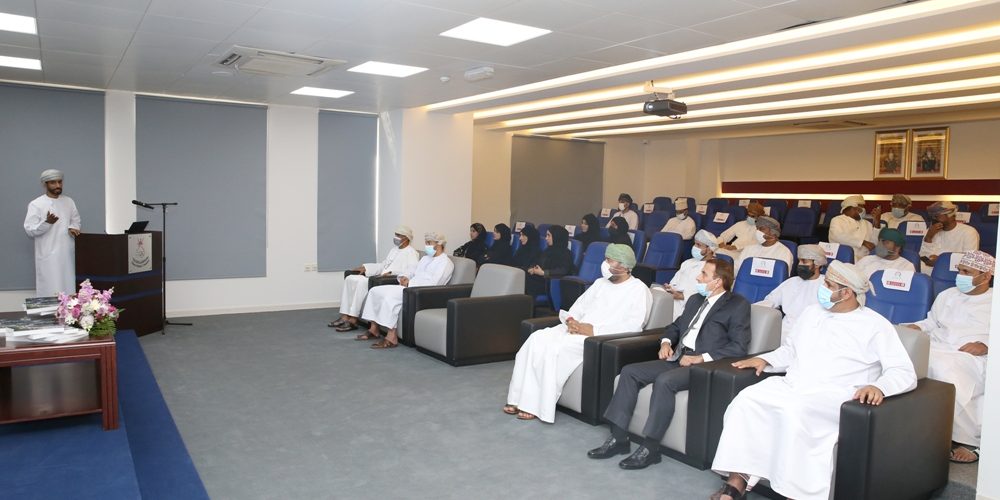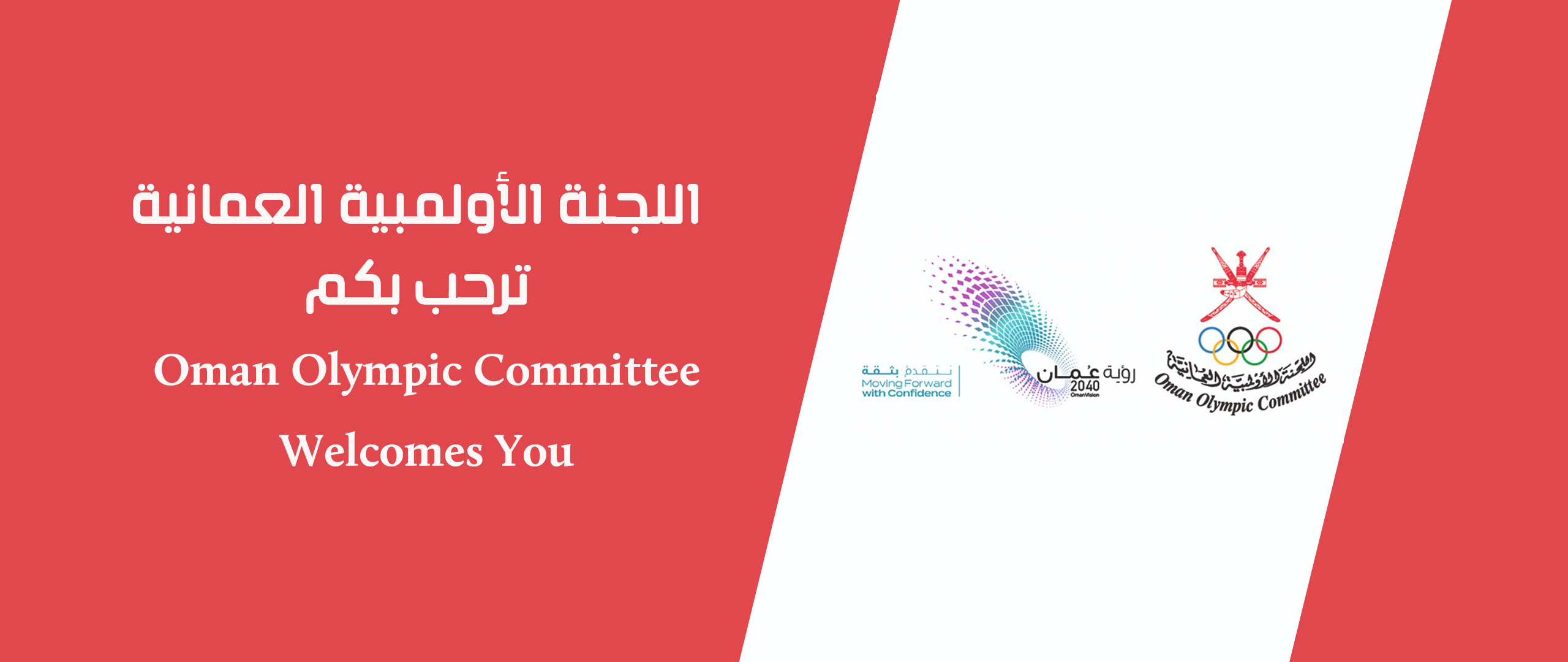OOC launches the Arabic version of Managing Olympic Sports Organizations Book
Today morning, Oman Olympic Committee (OOC) inaugurated the Arabic version of the book “Managing Olympic Sports Organizations” which is one of the most important curricula taught in advanced sports management courses for NOCs. OOC represented by Olympic Solidarity Department, worked during the last period in Translating the book issued by International Olympic Committee (IOC) from English into Arabic with the aim of achieving maximum benefit from international programs that cover and enhance all areas of sports development and benefit from multidisciplinary Olympic solidarity programmes.
This initiative comes in cooperation with International Olympic Solidarity as this book will contribute in promoting and facilitating the implementation of sports management courses organized by the Arabic-speaking National Olympic Committees. This work is an important addition to OOC and a true translation of the level and great confidence in the IOC.
The book aims to present a simplified and practical picture of the management science that has been developed by Olympic sports organizations around the world, as well as to clarify the basic dimensions of administrative culture, which would strengthen Olympic institutions and run their programs effectively. This comes as part of the education program that aims to exchange experience and knowledge among employees in sports institutions and use it as a reference that expresses the richness and diversity of ways to manage Olympic sports organizations.
The book consists of six chapters that cover the main aspects in the science of managing sports bodies. The 1st chapter deals with the organization of the Olympic sports institution through understanding its environment, structure and operation. The 2nd chapter deals with the strategic management of the Olympic sports institution through the preparation, implementation and evaluation of the strategic plan. The 3rd chapter focuses on managing the human resources of the Olympic sports institution through developing rules and regulations, motivations, recruitments and trainings. The 4th chapter deals with managing the financial affairs of the Olympic sports institution using appropriate procedures and working with transparency. The 5th chapter deals with the marketing management of the Olympic sports institution in line with the global strategy. The 6th and final chapter focuses on organizing major sports events according to their relevance to the organization’s strategy and the available human resources and facilities. Each chapter is divided into five sections covering specific topics related to the overall topic of the chapter.





